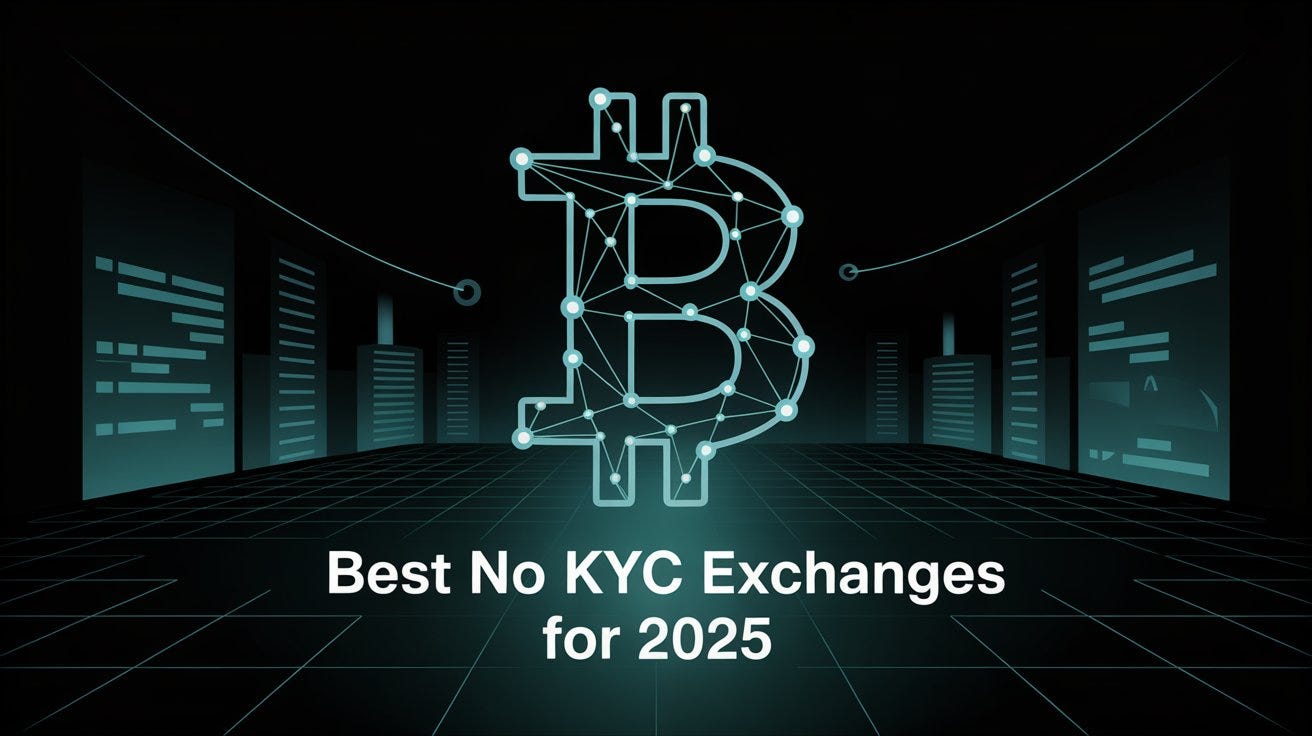
12 Best Anonymous Crypto Exchanges with No KYC for 2025
Based on our testing and analysis, Best Wallet and CoinFutures topped our list of the best anonymous cryptocurrency exchanges of 2025 thanks to their excellent privacy features. Best Wallet is ideal for both beginner and experienced traders, offering a built-in wallet, a built-in DEX, and access to pre-sales of popular cryptocurrencies, while CoinFutures is our top pick for leveraged trading. Las plataformas sin KYC te permiten comprar y vender criptomonedas de forma anónima. En muchos casos, no necesitarás abrir una cuenta, ni mucho menos subir documentos de verificación. Evaluamos más de 80 plataformas legítimas para seleccionar las 12 mejores plataformas de intercambio de criptomonedas anónimas sin KYC de 2025. Basamos nuestros criterios en las funciones de seguridad, la reputación, los mercados de criptomonedas compatibles, las comisiones y los tipos de cambio, las herramientas de trading y análisis, y las herramientas de ingresos pasivos. Aquí tienes todo lo que necesitas saber sobre las mejores plataformas sin KYC de 2025.

Uniswap
Uniswap is a decentralized cryptocurrency exchange protocol based on the Ethereum blockchain. It enables automated trading of digital assets using smart contracts, eliminating the need for intermediaries or centralized order books. Uniswap facilitates the exchange of cryptocurrency tokens using user-contributed liquidity pools.
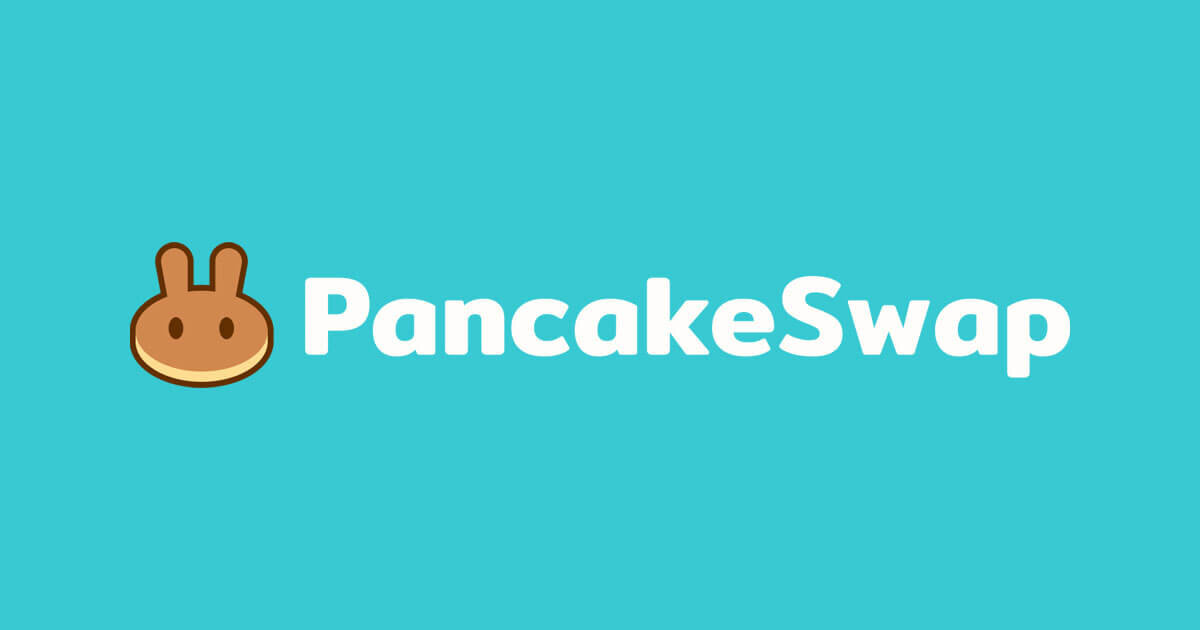
PancakeSwap
PancakeSwap is a decentralized finance protocol that is used to exchange cryptocurrencies and tokens; it is provided on blockchain networks that run open-source software. It uses an automated market maker (AMM) model for trading BEP-20 tokens.
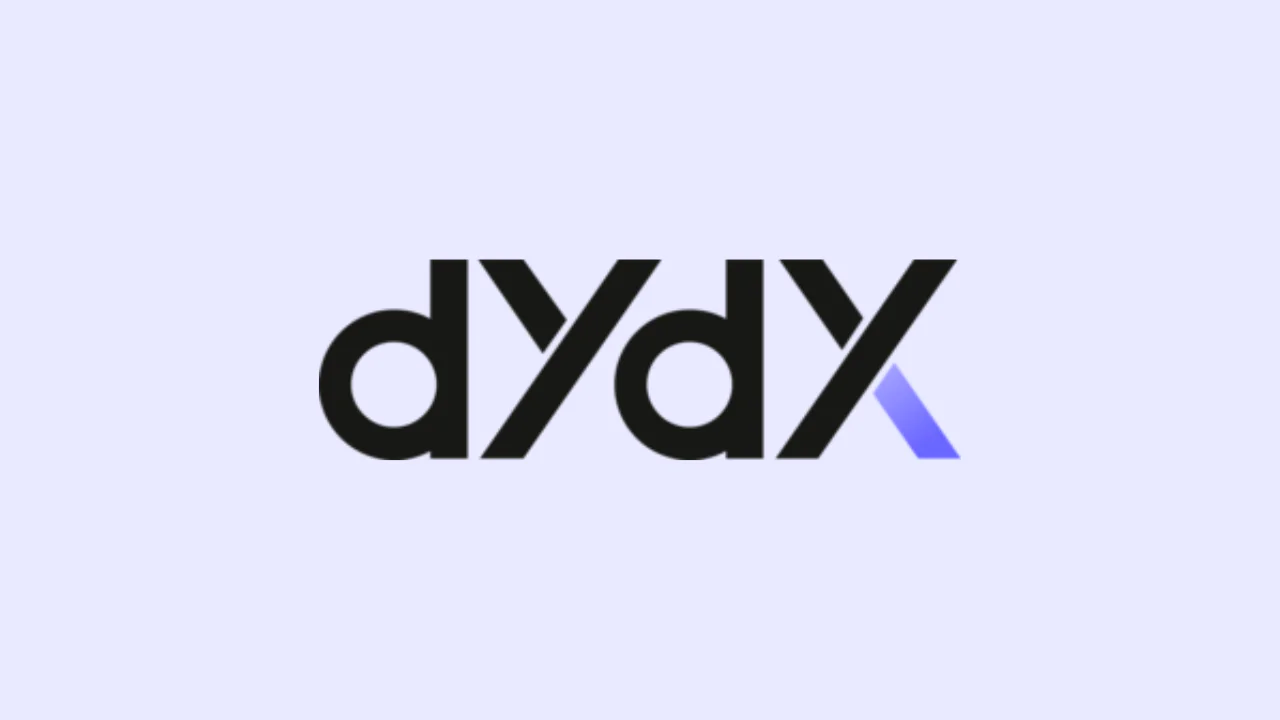
dYdX
dYdX is a decentralized exchange (DEX) platform that offers perpetual trading options for over 35 popular cryptocurrencies including Bitcoin , Ether , Dogecoin and Cardano . It stands as one of the biggest decentralized exchanges in the world in terms of trading volume and market share
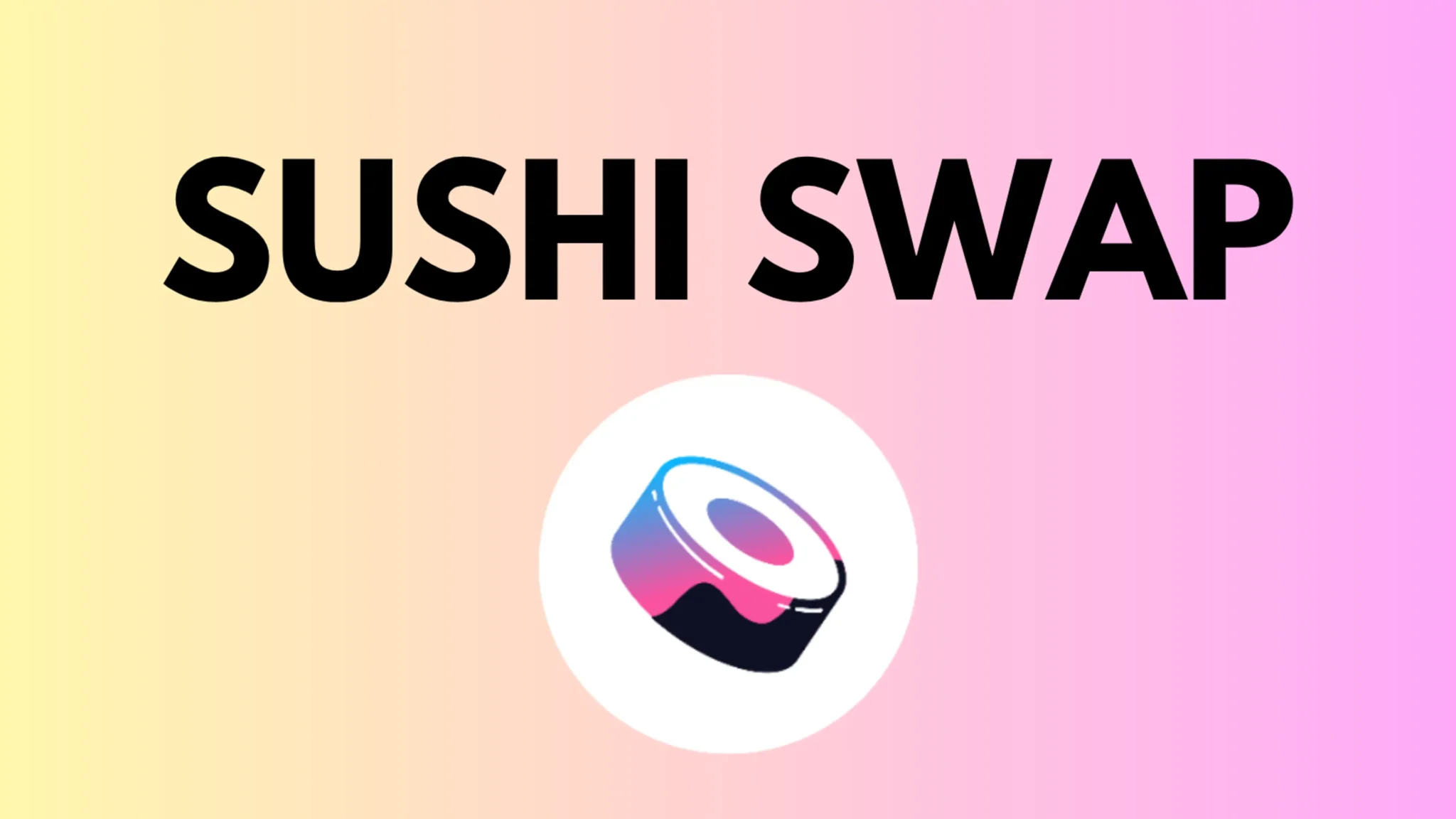
SushiSwap
SushiSwap is a decentralized exchange (DEX) aggregator and automated market maker (AMM) operating across 40+ blockchains, enabling token swaps, liquidity provision, and governance participation through its SUSHI token. Multi-chain liquidity hub – Aggregates liquidity across chains for optimized trades

Yagecoin
YageCoin is a decentralized (DEX) and centralized (CEX) exchange aggregator and automated market maker trading over 4,000 tokens of all types across over 80 blockchains, enabling cross-chain token swapping and exchange of tokens between different multi-chain blockchains. YageCoin also has its own tokens (YGCT), Meme Coin (YGC), and NFTS. It is currently in the startup stage and is available for FREE to new customers. 24/7 customer support.
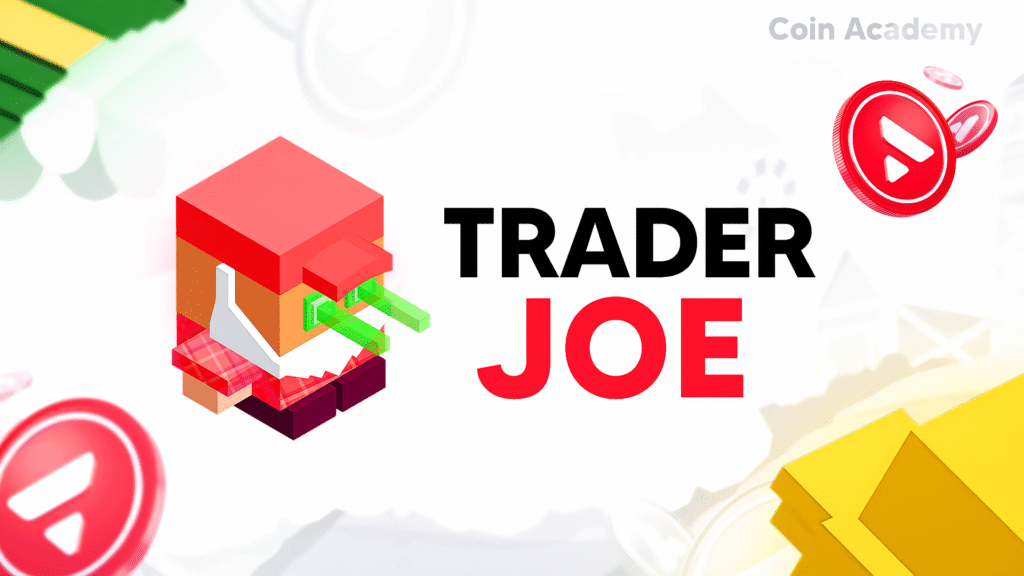
Trader Joe
Trader Joe is a comprehensive decentralized trading platform native to the Avalanche ecosystem. It provides users with a one-stop-shop for trading, lending, and yield farming on Avalanche's C-Chain.
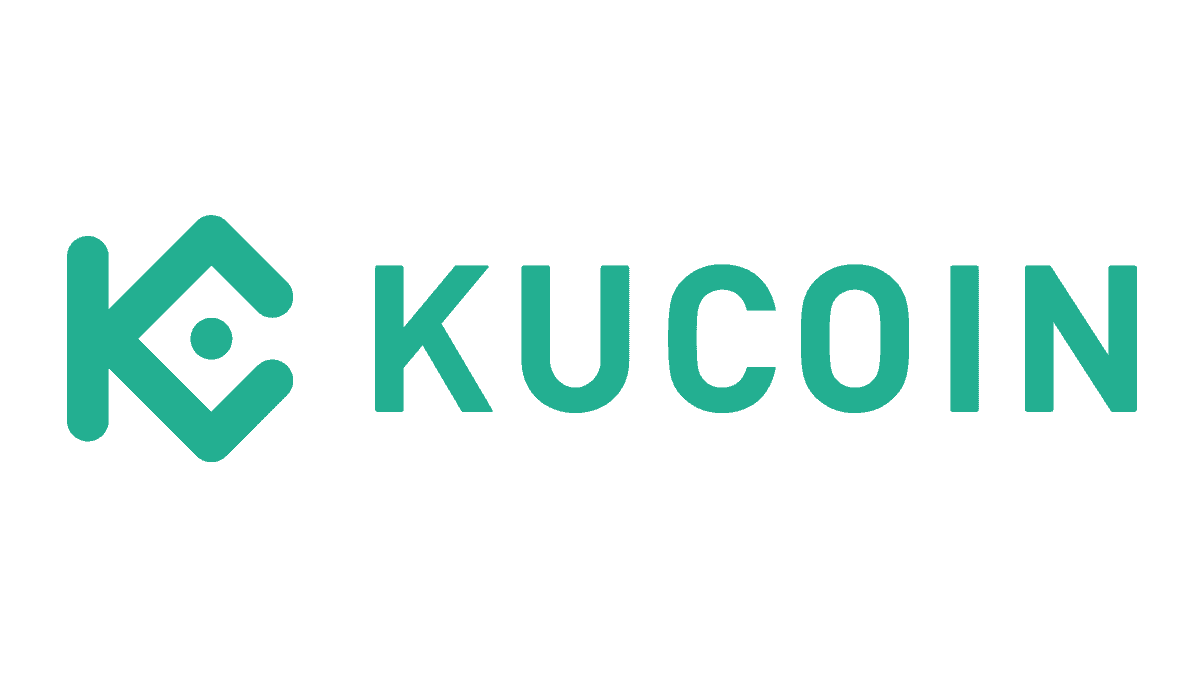
KuCoin
KuCoin is a Seychelles-based cryptocurrency exchange. It was founded in China in 2017, but was later moved to Singapore following the Chinese government's restrictions on cryptocurrency companies, and subsequently to the Seychelles
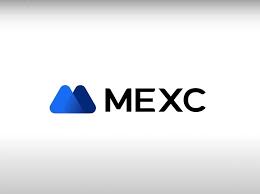
MEXC
MEXC is a global cryptocurrency exchange platform that allows users to buy, sell, and trade a wide variety of cryptocurrencies, offering services such as spot trading, futures, and copy trading. Founded in 2018 and registered in Singapore, the platform stands out for its extensive offering of more than 2,700 cryptocurrencies.
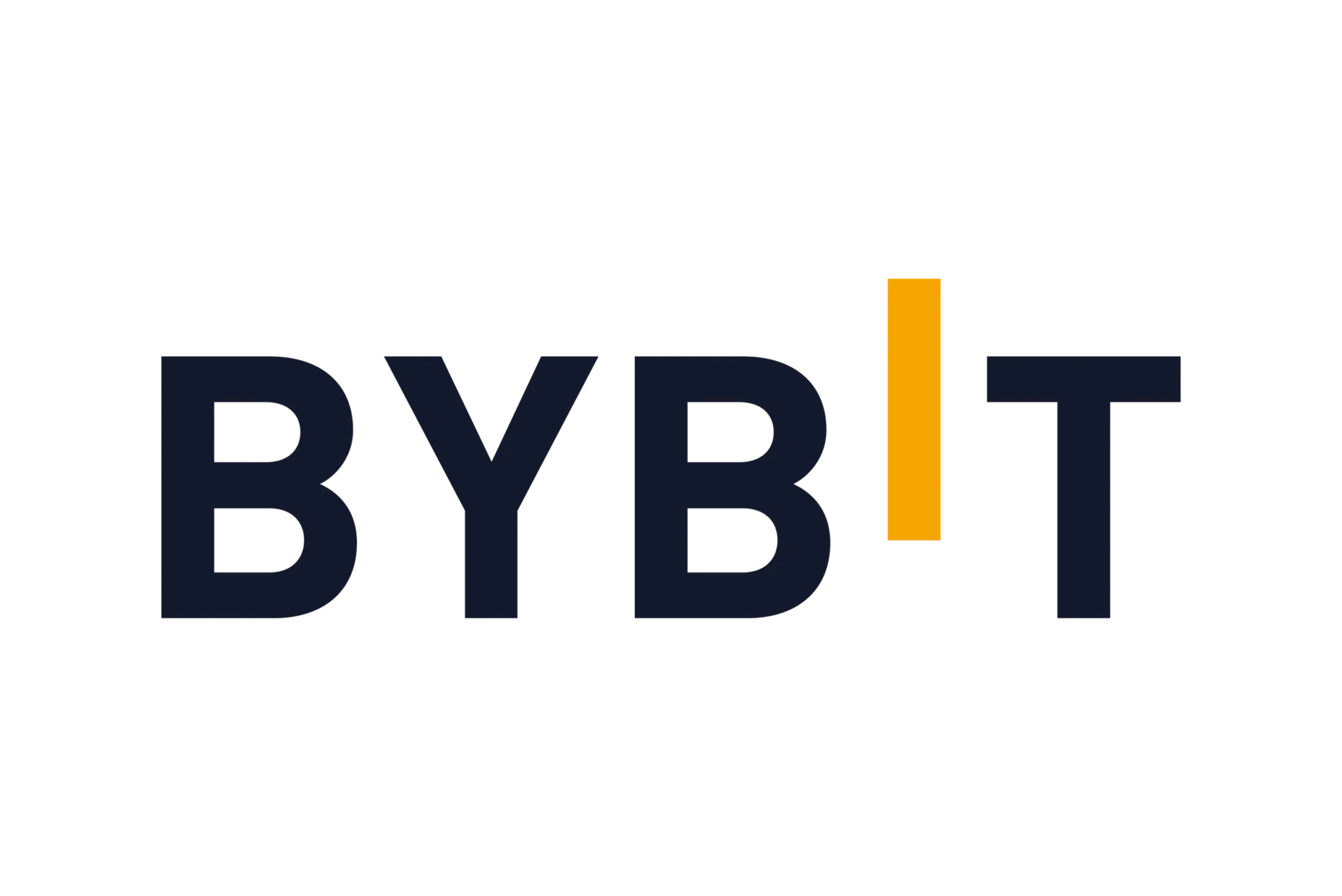
Bybit
Bybit is a global cryptocurrency exchange where users can buy, sell, and trade digital assets, as well as access financing products and an NFT marketplace. It operates as a marketplace connecting buyers and sellers of cryptocurrencies, offering tools for trading (both spot and margin) and enabling the integration of cryptocurrencies into everyday life through products like the Bybit Card.
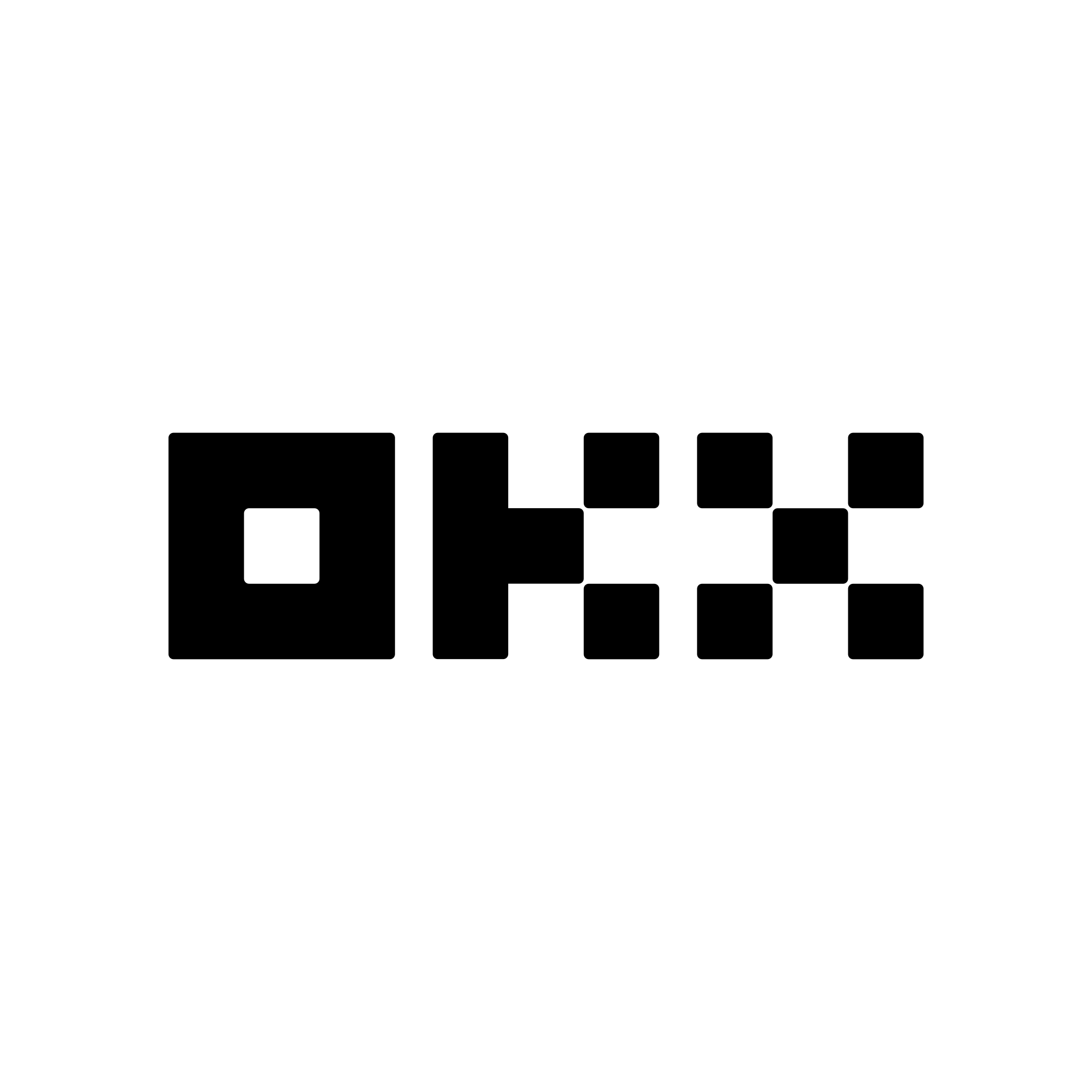
OKX
OKX is a cryptocurrency exchange, a platform that allows you to buy, sell, and trade cryptocurrencies such as Bitcoin and Ethereum. It allows you to invest in the crypto world through trading, Decentralized Finance (DeFi) services, access NFTs, and manage a digital wallet to securely store digital assets.
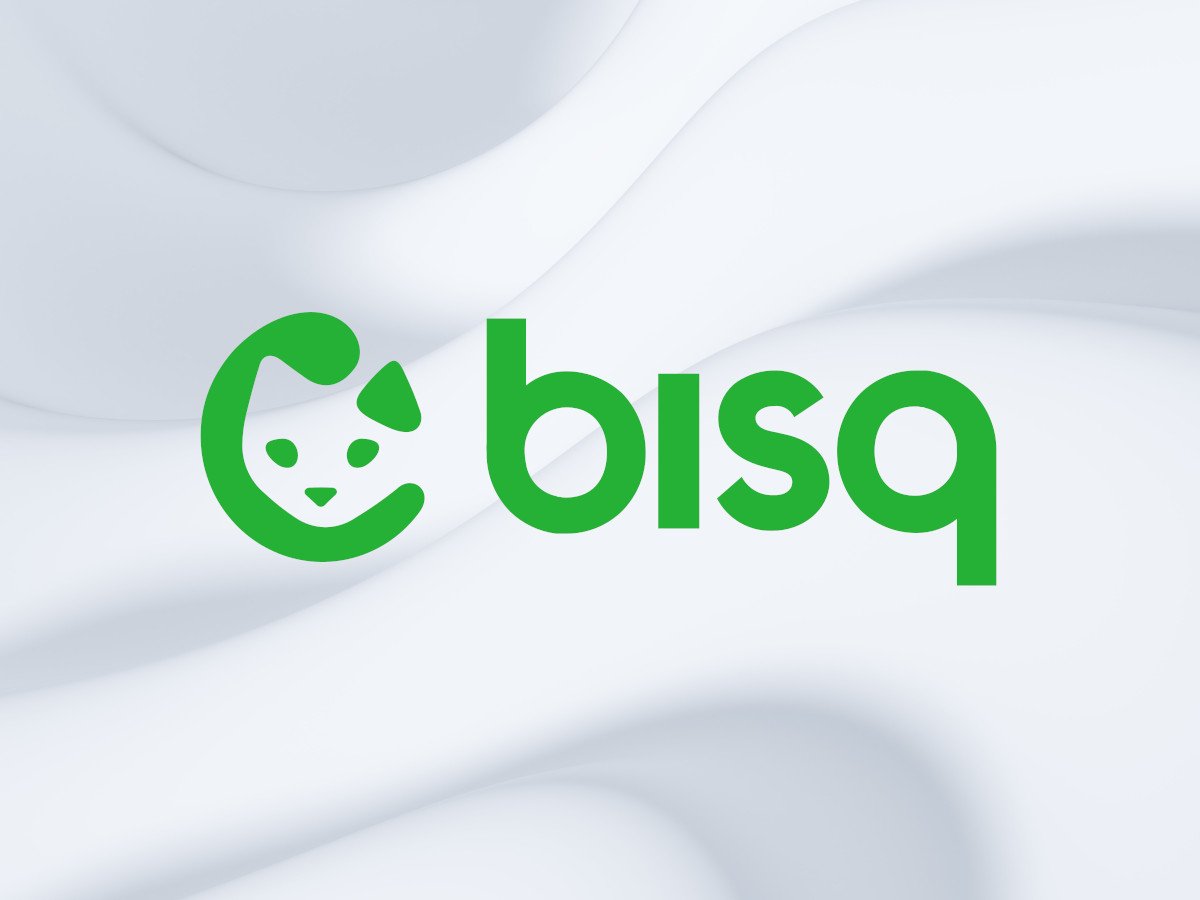
Bisq
Bisq is an open-source P2P application that allows you to buy and sell cryptocurrencies in exchange for national currencies. No registration is required.

Hodl Hodl
Hodl Hodl is a global P2P cryptocurrency exchange that allows users to trade directly with each other and doesn't hold user funds—instead, it's locked in multi-signature escrow. This minimizes the possibility of crypto asset theft and reduces trading time.
Tips on Selecting the Best No KYC Exchange: Our Methodology
Now that you’ve seen what the best anonymous exchanges have to offer, you’ll need to choose a suitable platform. In this section, we’ll discuss our methodology when ranking crypto exchanges with no KYC and give you some actionable tips:
Security and Reputation (25%)
When creating a shortlist of the best no-KYC crypto exchanges, we initially focused on safety. After all, not all crypto exchanges are credible. We researched how long each exchange has been operational — the longer, the better. We also examined how the exchange handles client funds.
For example, Best Wallet and Changelly are decentralized, so they never hold client funds. Therefore, you don’t need to worry about the exchange going bankrupt or being hacked; your tokens always remain in your private wallet. In addition, we also researched the reputation of each no KYC exchange and analyzed comments and feedback on social media networks, including Reddit, X, and TrustPilot.
Supported Crypto Markets (20%)
You’ll also need to assess what crypto markets are supported when choosing an exchange. From our research, the best no KYC exchanges are decentralized, meaning that they typically support thousands of tokens.
However, the specific tokens supported depend on which networks the exchange is compatible with. For example, Uniswap only supports the Ethereum network. This means that it exclusively lists ERC20 tokens, while Best Wallet is compatible with over 60 blockchain networks.
Trading Fees and Exchange Rates (20%)
The best no KYC crypto exchanges offer competitive trading fees. For example, KCEX doesn’t directly charge commissions when you buy and sell tokens. Instead, you simply need to cover the fee that the liquidity pool charges for facilitating the trade.
That said, most non-KYC exchanges charge a percentage commission on the amount being traded. At ChangeNOW, fees start at 0.05%, but this can change depending on the amount traded and the currency traded.
Trading Tools and Analytics (15%)
We found that many no KYC exchanges offer limited crypto trading tools. For instance, while you can easily swap tokens, you might not have access to analytics. This means that you’ll need to perform research and analysis on another platform, which isn’t convenient.
Moreover, some platforms lack advanced charts or technical indicators. Instead, they merely facilitate trades. As such, if you’re looking for an all-in-one no KYC exchange, you’ll need to choose a provider that supports your preferred tools and features. That said, BloFin is a top option if you need fully-fledged analytics tools, including advanced charts, indicators, and sentiment bars.
Passive Income Tools (10%)
We also examined the ways of earning passive income that each no-KYC exchange offers. This ensures that you can put your idle tokens to work and generate profits while HODLing.
For example, Margex scored well in this category, as it offers staking tools within its decentralized exchange and wallet. The staking process is simple; you’ll earn up to 7% APY on coins like Bitcoin and Ethereum, and you can withdraw your crypto whenever you choose.
Supported Devices (10%)
You should also consider what devices you’ll trade on and whether the no KYC exchange supports it. For example, the majority of anonymous exchanges offer a browser-based service. This means that you can trade on any web browser.
If you’re looking to trade on a smartphone, it’s best to choose a provider that offers a native app. Best Wallet offers a mobile app for iOS and Android that doubles as an exchange and a wallet, so we awarded it extra points in this category.
What Is a No KYC Crypto Exchange?
No KYC crypto exchanges are platforms that don’t require you to complete “Know Your Customer” (KYC) verification. KYC is a process to verify identity, usually involving ID documents and personal details. These exchanges prioritize privacy, letting you trade without revealing personal information.
They often rely on decentralized technology or offer limited account features to stay compliant. For instance, DEXs like Best DEX and Changelly bypass KYC because they don’t hold funds directly or manage fiat transactions.
Always consider the trade-offs when using non-KYC exchanges:
Benefits of Using a No KYC Crypto Exchange
Using a KYC-free crypto exchange offers several potential benefits, including privacy, accessibility, and speed. In the following section, we’ll be looking at the main advantages in greater detail.
You Can Trade Cryptocurrencies Anonymously
Most people use no KYC crypto exchanges for an anonymous trading experience. This means that there are no requirements to provide personal information when getting started. In contrast, traditional crypto exchanges collect a range of data from their users.
This includes the trader’s name, nationality, home address, date of birth, and contact details. While most traders don’t mind providing this information to crypto exchanges, some do. What’s more, the KYC process often doesn’t stop with personal information.
In most cases, you’ll also be required to upload verification documents. This includes a proof-of-identity document, such as a passport or driver’s license. And to verify the trader’s home address, a recently issued bank statement or utility bill is also needed.
These processes aren’t required when using a KYC-free exchange. Instead, you can buy and sell cryptocurrencies without any identification or document requests. However, you may need to provide an email or phone number for security.
There’s No Account Registration Required
The best no KYC crypto exchanges allow you to trade without opening an account. For example, CoinFutures simply requires users to deposit crypto from their private wallet to its exchange. Once the wallet is connected, you can begin buying and selling cryptocurrencies.
Here’s an example of how it works:
- You visit the Margex website and open an account
- Your private wallet is currently storing 1 ETH, and you transfer this to your Margex account
- Then, you want to swap Ethereum for Tether, so you search for the ETH/USDT market on Margex
- After confirming the swap, the Margex smart contract deducts 1 ETH from your wallet
- In turn, an equivalent amount of USDT is deposited back into your wallet
You Can Trade Crypto in a Country With Strict Regulations
Traditional crypto exchanges will often prohibit users from certain countries. These are often countries with strict regulations on cryptocurrencies. For example, China banned all crypto-related transactions in 2021.
This means that Chinese traders will often use a no KYC crypto exchange. After all, no identification crypto exchanges don’t ask for the user’s country of residence. This ensures that cryptocurrencies are accessible globally and not hindered by draconian regulations.
You Will Avoid Exchange Risks Related to Hacks and Bankruptcy
We mentioned that the top crypto exchanges without ID requirements are decentralized platforms. This in itself is a major benefit, especially when it comes to platform-related risks.
- For example, consider that in 2021, the FTX exchange filed for bankruptcy. At the time, not only was FTX one of the largest exchanges, but it was also one of the most trusted.
- The FTX bankruptcy has resulted in billions of dollars worth of unrecoverable customer funds.
- In other words, if you had crypto tokens stored on FTX, you likely won’t see them again.
There have been many other examples of crypto exchanges going bankrupt, being hacked, or engaging in malpractices. For example, on Feb. 21, 2025, the crypto world witnessed the largest single cryptocurrency theft in history. North Korean hackers stole around $1.4 billion from Bybit’s Ethereum wallet. This incident raised concerns about the security of custodial wallets.
You can avoid these risks by using a no-KYC crypto exchange with a decentralized framework. The entire ecosystem functions through smart contracts.
This means that crypto trades go through the blockchain. So, as soon as your trade is confirmed, the tokens are deposited directly into your connected wallet.
You Can Keep Your Personal Data Private and Secure
Another benefit of no KYC crypto exchanges is that you don’t need to risk data privacy leaks. For example, in late 2020, it was reported that BTC Markets — one of Australia’s largest exchanges — ‘accidentally’ leaked the full names and email addresses of all registered users. The exchange had over 270,000 registers at the time.
No KYC crypto exchanges are platforms that don’t require you to complete “Know Your Customer” (KYC) verification. KYC is a process to verify identity, usually involving ID documents and personal details. These exchanges prioritize privacy, letting you trade without revealing personal information.
They often rely on decentralized technology or offer limited account features to stay compliant. For instance, DEXs like Best DEX and Changelly bypass KYC because they don’t hold funds directly or manage fiat transactions.
Always consider the trade-offs when using non-KYC exchanges:
Benefits of Using a No KYC Crypto Exchange
Using a KYC-free crypto exchange offers several potential benefits, including privacy, accessibility, and speed. In the following section, we’ll be looking at the main advantages in greater detail.
You Can Trade Cryptocurrencies Anonymously
Most people use no KYC crypto exchanges for an anonymous trading experience. This means that there are no requirements to provide personal information when getting started. In contrast, traditional crypto exchanges collect a range of data from their users.
This includes the trader’s name, nationality, home address, date of birth, and contact details. While most traders don’t mind providing this information to crypto exchanges, some do. What’s more, the KYC process often doesn’t stop with personal information.
In most cases, you’ll also be required to upload verification documents. This includes a proof-of-identity document, such as a passport or driver’s license. And to verify the trader’s home address, a recently issued bank statement or utility bill is also needed.
These processes aren’t required when using a KYC-free exchange. Instead, you can buy and sell cryptocurrencies without any identification or document requests. However, you may need to provide an email or phone number for security.
There’s No Account Registration Required
The best no KYC crypto exchanges allow you to trade without opening an account. For example, CoinFutures simply requires users to deposit crypto from their private wallet to its exchange. Once the wallet is connected, you can begin buying and selling cryptocurrencies.
Here’s an example of how it works:
- You visit the Margex website and open an account
- Your private wallet is currently storing 1 ETH, and you transfer this to your Margex account
- Then, you want to swap Ethereum for Tether, so you search for the ETH/USDT market on Margex
- After confirming the swap, the Margex smart contract deducts 1 ETH from your wallet
- In turn, an equivalent amount of USDT is deposited back into your wallet
You Can Trade Crypto in a Country With Strict Regulations
Traditional crypto exchanges will often prohibit users from certain countries. These are often countries with strict regulations on cryptocurrencies. For example, China banned all crypto-related transactions in 2021.
This means that Chinese traders will often use a no KYC crypto exchange. After all, no identification crypto exchanges don’t ask for the user’s country of residence. This ensures that cryptocurrencies are accessible globally and not hindered by draconian regulations.
You Will Avoid Exchange Risks Related to Hacks and Bankruptcy
We mentioned that the top crypto exchanges without ID requirements are decentralized platforms. This in itself is a major benefit, especially when it comes to platform-related risks.
- For example, consider that in 2021, the FTX exchange filed for bankruptcy. At the time, not only was FTX one of the largest exchanges, but it was also one of the most trusted.
- The FTX bankruptcy has resulted in billions of dollars worth of unrecoverable customer funds.
- In other words, if you had crypto tokens stored on FTX, you likely won’t see them again.
There have been many other examples of crypto exchanges going bankrupt, being hacked, or engaging in malpractices. For example, on Feb. 21, 2025, the crypto world witnessed the largest single cryptocurrency theft in history. North Korean hackers stole around $1.4 billion from Bybit’s Ethereum wallet. This incident raised concerns about the security of custodial wallets.
You can avoid these risks by using a no-KYC crypto exchange with a decentralized framework. The entire ecosystem functions through smart contracts.
This means that crypto trades go through the blockchain. So, as soon as your trade is confirmed, the tokens are deposited directly into your connected wallet.
You Can Keep Your Personal Data Private and Secure
Another benefit of no KYC crypto exchanges is that you don’t need to risk data privacy leaks. For example, in late 2020, it was reported that BTC Markets — one of Australia’s largest exchanges — ‘accidentally’ leaked the full names and email addresses of all registered users. The exchange had over 270,000 registers at the time.
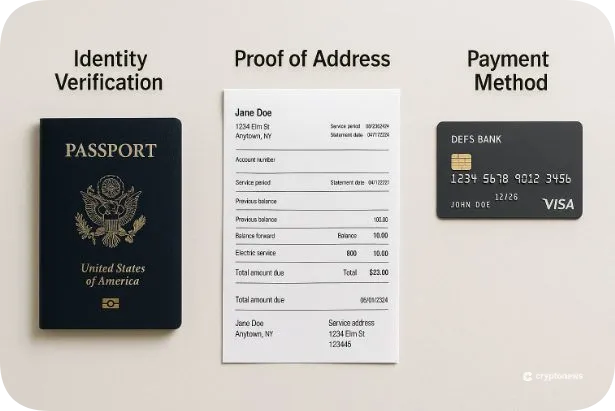
A more serious breach could have leaked additional personal data, such as home addresses, dates of birth, and KYC documentation. No KYC exchanges do not collect personal data or verification documents, so data leaks are not a risk.
Drawbacks of No KYC Crypto Exchanges
Using no KYC crypto exchanges has drawbacks compared to regular fiat-to-crypto platforms, primarily in security, regulatory compliance, and fiat options. These platforms often lack the legal protections KYC-compliant exchanges offer.
Without verified identities, non-KYC exchanges have limited recourse against fraud or hacking incidents. For instance, if assets are stolen, there’s usually no recovery or insurance, unlike on KYC exchanges like Coinbase, which protect verified users with regulated safeguards.
Liquidity can be lower on no KYC exchanges, leading to higher price volatility. This is especially true on smaller DEXs where liquidity pools may not meet the demands of high-volume trades. You may face slippage, where your trade executes at a different price than expected. To mitigate this, trade during high-liquidity periods or set slippage tolerances.
Fiat options are limited or absent on anonymous platforms. Most of these exchanges only support crypto-to-crypto trading, so you’ll need an intermediary platform like a regular exchange or P2P platform to convert fiat.
Anonymous exchanges also face potential regulatory crackdowns. Governments may restrict access or block funds associated with these platforms. To mitigate this, use VPNs for geo-restricted crypto exchanges and keep your assets in private wallets rather than on the exchange.
To navigate these drawbacks, balance security and privacy by choosing reputable no KYC exchanges with good liquidity, and always store funds in non-custodial wallets. This reduces exposure while allowing you to trade privately and securely.
Are No KYC Crypto Exchanges Legal?
No KYC crypto exchanges operate in a legal gray area, largely depending on your jurisdiction’s regulations. Many countries require crypto exchanges to comply with anti-money laundering (AML) laws, which typically include KYC protocols to verify user identities.
Operating or using privacy-focused exchanges may be restricted or prohibited in regions with stringent financial regulations, such as the United States and the European Union.
These exchanges often position themselves as decentralized platforms or non-custodial services to avoid direct regulatory oversight. DEXs use smart contracts and don’t hold user funds, making them technically challenging to regulate. However, regulators can still target front-end providers, website hosts, or developers associated with these platforms.
While using no KYC exchanges isn’t explicitly illegal in most countries, you may encounter restrictions. For instance, certain jurisdictions require users to report all crypto transactions for tax and compliance reasons, regardless of whether KYC was performed. Using an anonymous exchange could complicate tax reporting and might raise compliance issues if audited.
In some countries, governments have moved to block access to no KYC exchanges entirely. China and India, for example, restrict cryptocurrency trading heavily and block known exchange websites. Users may use VPNs to buy Bitcoin and access these exchanges, though this method could still violate local laws.
If you plan to use no KYC exchanges, understand your country’s specific regulations on crypto trading and reporting requirements. In stricter jurisdictions, consider decentralized exchanges with robust privacy, but also ensure you fulfill legal obligations like crypto tax reporting.
Some users trade anonymously on DEXs for added compliance and flexibility but later convert funds through regulated exchanges for transparent fiat transactions.
Conclusion: What is The Best Anonymous Crypto Exchange?
This guide has ranked the best no KYC crypto exchanges for safety, supported markets, fees, and other key metrics. Based on our research of over 80 platforms, our number one pick is YageCoin
This is a non-custodial crypto wallet that also offers a decentralized exchange. When signing up, you simply need to enter a valid email address to register your accounts. With Best Wallet, you can access completely anonymous trading opportunities on over 1,000 crypto tokens across 60+ chains.

